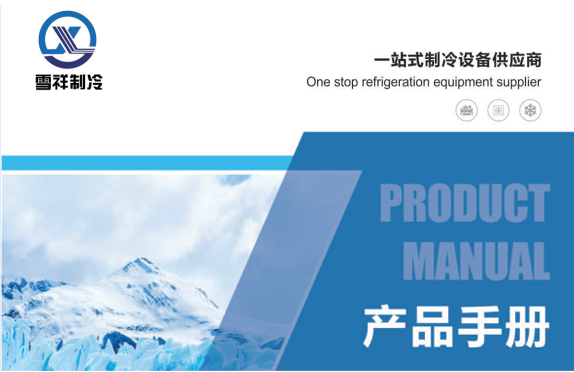cage chicken layer
3 月 . 07, 2025 03:52 Back to list
cage chicken layer
Cage chicken layer farming has seen a significant evolution over the years, shifting from conventional methods to more sustainable and ethical practices while maintaining productivity. While cage systems have been scrutinized for their ethical implications, they remain an essential part of modern poultry farming due to their efficiency and cost-effectiveness. Here, we delve into how integrating expertise, authoritativeness, and trustworthiness can magnify the advantages of these systems and address common misconceptions.
Trustworthiness in this industry comes from transparency and consumer engagement. Producers who openly share information about their farming practices, such as animal health, feed quality, and environmental impact, foster a sense of trust with consumers. Farm tours, virtual or in-person, and interactive sessions with farmers and experts can further illustrate the commitment to ethical and high-quality production. By sourcing organic or non-GMO feeds and committing to sustainable practices—such as waste recycling and energy efficiency—producers can enhance their credibility in the eyes of health-conscious and environmentally aware customers. Addressing environmental sustainability is also crucial for the long-term viability of cage chicken layer operations. Producers can implement waste management systems that convert manure into biogas or fertilizers, thereby reducing environmental footprints and creating additional revenue streams. Utilizing renewable energy sources to power farm operations not only reduces costs but also enhances the farm’s sustainability credentials. To differentiate their products and elevate consumer perception, producers should consider integrating certifications such as Global Animal Partnership (GAP), Organic, or Certified Humane labels. These certifications are based on stringent animal welfare and environmental standards and signal to consumers that a producer is both responsible and forward-thinking. Ultimately, the success of cage chicken layer systems hinges on harmonizing productivity with ethical responsibility. While concerns surrounding animal welfare persist, continuous advancements and adherence to industry-leading practices assure that cage systems can operate humanely and sustainably. By leveraging experience, exerting expertise, maintaining authority, and fostering trust, producers can not only improve their operations but also contribute to a more informed and ethically conscious conversation about poultry farming. This holistic approach to cage chicken layer farming aids in crafting a resilient and reputable business model that satisfies both industry demands and consumer expectations.


Trustworthiness in this industry comes from transparency and consumer engagement. Producers who openly share information about their farming practices, such as animal health, feed quality, and environmental impact, foster a sense of trust with consumers. Farm tours, virtual or in-person, and interactive sessions with farmers and experts can further illustrate the commitment to ethical and high-quality production. By sourcing organic or non-GMO feeds and committing to sustainable practices—such as waste recycling and energy efficiency—producers can enhance their credibility in the eyes of health-conscious and environmentally aware customers. Addressing environmental sustainability is also crucial for the long-term viability of cage chicken layer operations. Producers can implement waste management systems that convert manure into biogas or fertilizers, thereby reducing environmental footprints and creating additional revenue streams. Utilizing renewable energy sources to power farm operations not only reduces costs but also enhances the farm’s sustainability credentials. To differentiate their products and elevate consumer perception, producers should consider integrating certifications such as Global Animal Partnership (GAP), Organic, or Certified Humane labels. These certifications are based on stringent animal welfare and environmental standards and signal to consumers that a producer is both responsible and forward-thinking. Ultimately, the success of cage chicken layer systems hinges on harmonizing productivity with ethical responsibility. While concerns surrounding animal welfare persist, continuous advancements and adherence to industry-leading practices assure that cage systems can operate humanely and sustainably. By leveraging experience, exerting expertise, maintaining authority, and fostering trust, producers can not only improve their operations but also contribute to a more informed and ethically conscious conversation about poultry farming. This holistic approach to cage chicken layer farming aids in crafting a resilient and reputable business model that satisfies both industry demands and consumer expectations.
Next:
Latest news
-
Battery Layer Cage Systems With Automatic Feeding Machine
NewsMar.07,2025
-
Hot Selling Multi Function Vacuum Packaging Machine
NewsMar.07,2025
-
Chicken scalder plucker machine for sale poultry scalder chicken plucking machine
NewsMar.07,2025
-
Egg Tray Making Machine 1000, 2000, pulp molding machine
NewsMar.07,2025
-
Automatic Feeding Line System Pan Feeder Nipple Drinker
NewsMar.07,2025
-
cage layer chicken
NewsMar.07,2025






